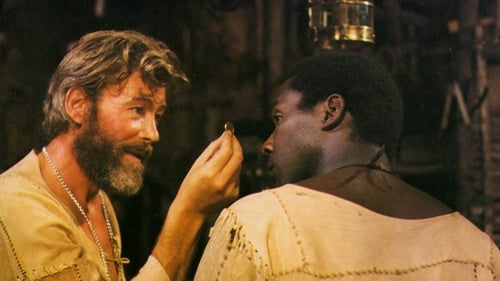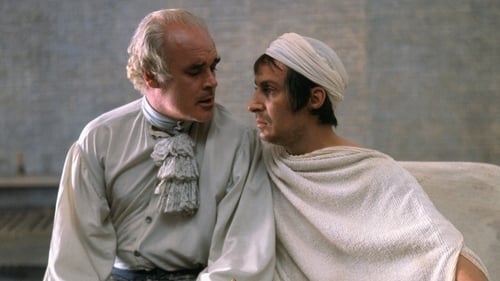
An event organised by CND pits the bomb against poetry. Hear artists who hoped that words and rhymes could put an end to destructive times.

Screenplay
Englishman Robinson Crusoe, stranded alone on an island for years, is overjoyed to find a fellow man, a black islander whom he names Friday. But Crusoe cannot overcome the shackles of his own heritage and upbringing and is incapable of seeing Friday as anything other than a savage who needs Crusoe's brand of cultural and religious enlightenment. Friday attempts to share his own more generous and unashamed culture, but ultimately realizes that Crusoe can never see him as anything but an inferior being. With that awareness, Friday sets out to turn the tables on Crusoe.

Writer
Play based on the tale of Robinson Crusoe, examining the relationship between Crusoe and Man Friday, with a new twist by which both characters believe they are teaching the other.

Writer
A psychedelic documentary of the body electric, with music by Pink Floyd. The film was directed and produced by Roy Battersby. The film's narrators, Frank Finlay and Vanessa Redgrave, provide commentary that combines the knowledge of human biologists and anatomical experts. The film's soundtrack, Music from the Body, was composed by Ron Geesin and Roger Waters.

Screenplay
In Charenton Asylum, the Marquis de Sade directs a play about Jean Paul Marat's death, using the patients as actors. Based on 'The Persecution and Assassination of Jean-Paul Marat as Performed by the Inmates of the Asylum of Charenton Under the Direction of the Marquis de Sade', a 1963 play by Peter Weiss.

Himself
A short film documenting what was referred to as "The International Poetry Incarnation". It was billed as Great Britain's first full-scale "happening", with the world's leading Beat poets together under one roof at the Royal Albert Hall on June 11, 1965, for an evening of near-hallucinatory revelry. It came to be seen as one of the cultural high points of the Swinging Sixties.





